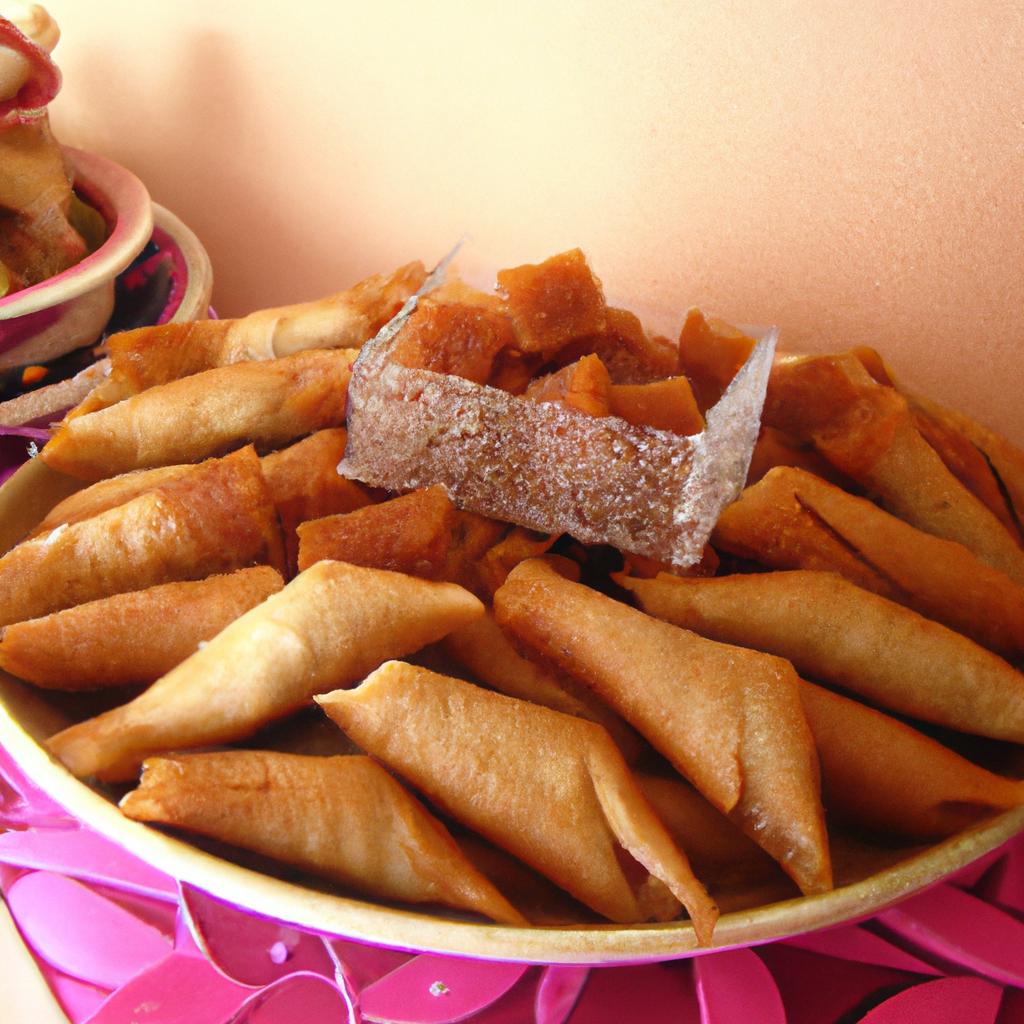Jben

Moroccan Jben is a traditional cheese that has been a staple in Moroccan cuisine for generations. This cheese is made by taking a mixture of cow’s milk and goat’s milk and then fermenting it for several hours, resulting in a soft, tangy cheese with a crumbly texture.
Jben, which translates to cheese in Arabic, has been part of Moroccan culture for centuries. It is commonly eaten with bread, olives, and Harira soup during Ramadan, the Islamic holy month. This cheese is so important in Moroccan cuisine that it is even used as an ingredient in many dishes, such as tagines and salads.
The process of making Moroccan Jben is quite simple. Fresh cow’s milk is first warmed to room temperature, and then goat’s milk is added to the mixture. The mixture is then added to a cheesecloth and hung to strain for several hours until the liquid has been removed, leaving behind a solid curd. This curd is then mixed with salt and covered with a damp cloth to rest for several hours. The cheese is then shaped and left to ferment at room temperature for around 12 to 24 hours, depending on the desired level of tanginess.
The resulting cheese is a creamy, spreadable cheese with a tangy and slightly sour flavor. It has a unique texture that is crumbly yet creamy, making it perfect for adding to salads or spreading on toast. The cheese is often served with olives, bread, and honey as an appetizer or snack.
In Morocco, Jben is produced in various regions, each with its own unique variation on the recipe. For example, in the Rif Mountains, Jben is made with a mix of cow’s, goat’s, and sheep’s milk, and is typically spiced with cumin or paprika. In the southern region of Morocco, Jben is made with only goat’s milk and is often aged for several months to produce a harder, more crumbly cheese with a stronger flavor.
Moroccan Jben is not only a delicious cheese but it is also a healthy one. It is low in fat and calories while being high in calcium and protein. The fermentation process also increases the level of good bacteria in the cheese, making it a beneficial addition to any diet.
In conclusion, Moroccan Jben is a rich, tangy, and creamy cheese that has been a staple in Moroccan cuisine for centuries. It is a cheese that has become an integral part of the Moroccan culture and is deeply rooted in traditions and customs. It is a tasty and healthy cheese that can be added to many different dishes or eaten on its own with bread, olives, and honey. Its simple and traditional recipe is a testament to the importance of Moroccan culture and its contribution to the culinary world.
Moroccan Jben (Cheese)
Ingredients:
- 2 liters of fresh, whole milk
- 1/4 cup of freshly squeezed lemon juice
- 1 pinch of salt
- Sesame seeds (optional)
Instructions:
-
Pour the milk into a large pot and heat it up over medium-high heat. Stir the milk occasionally to prevent it from burning, and heat it up until it starts to steam.
-
Add the lemon juice to the milk and stir gently. The milk will curdle almost immediately, separating into curds (the solid parts) and whey (the liquid parts).
-
Immediately remove the pot from heat and let it sit, undisturbed, for about 10 minutes. The curds will start to clump together and settle on the bottom of the pot.
-
Line a colander with a cheesecloth and place it over a bowl. With a slotted spoon, carefully scoop out the curds and transfer them to the cheesecloth. Pour the whey through the cheesecloth and discard it.
-
Gather the cheesecloth around the curds and gently squeeze out any excess liquid. Add a pinch of salt to the curds and mix well.
-
Shape the cheese into a ball, and if desired, roll it in sesame seeds.
-
Place the jben in a container and refrigerate it until ready to serve. Moroccan Jben is traditionally served with bread, olives and mint tea.
Enjoy your freshly homemade Moroccan Jben!